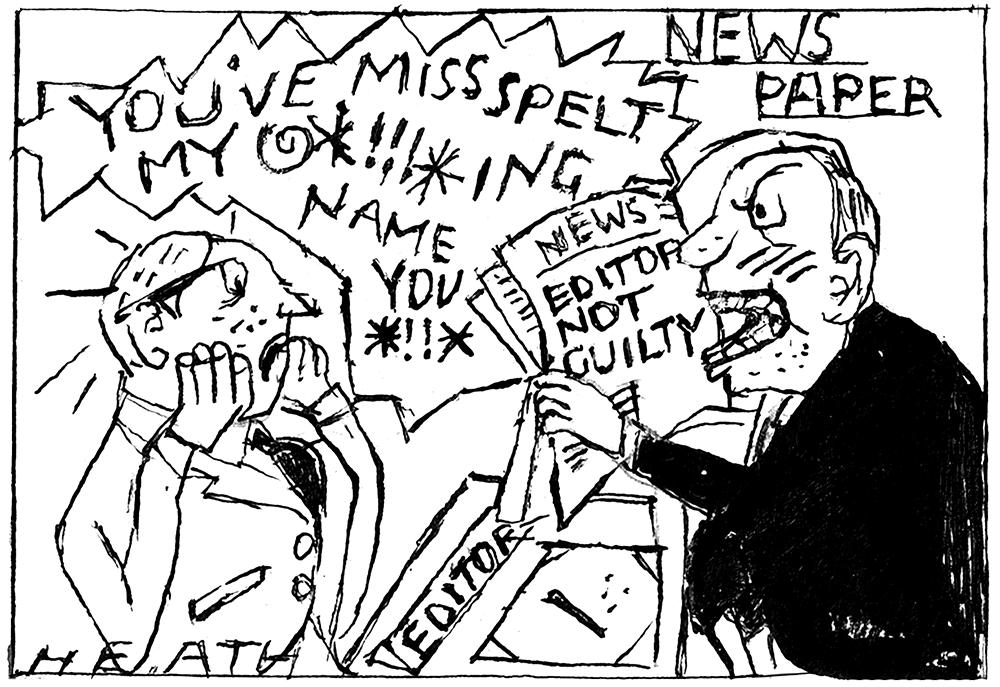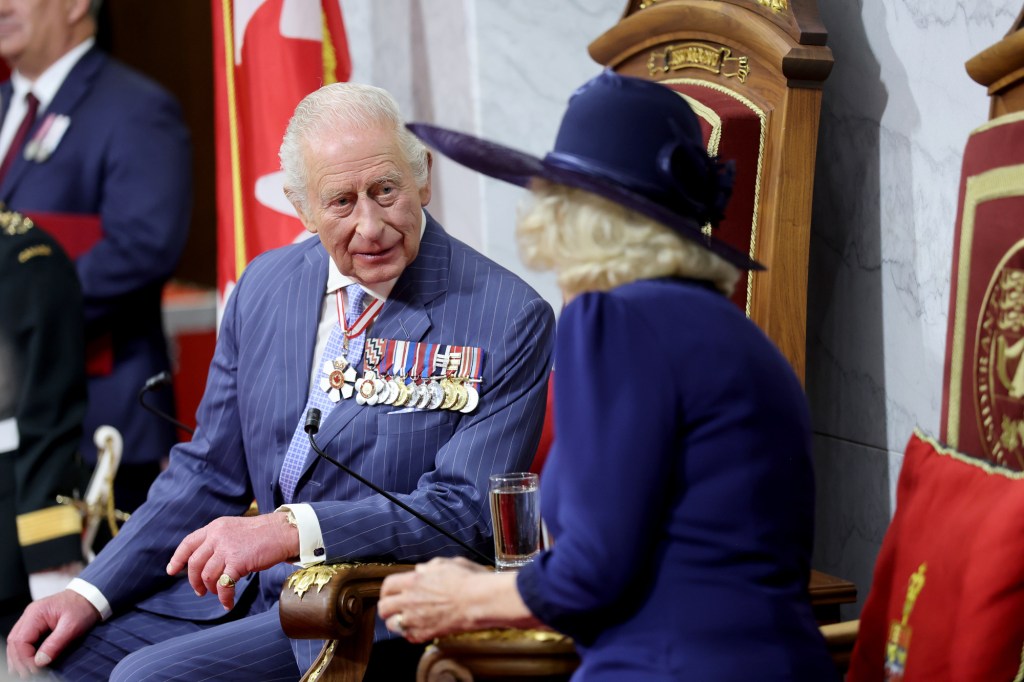
Christopher Howse has narrated this article for you to listen to.
Afriend of mine was once delighted to get a job at the Radio Times, where he ‘corrected’ a golfing picture caption to ‘Steve Ballesteros’. Typos, literals or misprints are often committed in an effort to expunge them.
Pity the poor subeditor who blanked out the wrong half of the word that is conventionally printed as mother*****r. The harder you try to whack the moles, the faster they come. The other rule is: the bigger, the easier to miss. In 96pt type the front-page headline in the Guardian on 5 November 1980 was: ‘Landside makes it President Reagan.’
That is what optimistic journalists call a ‘self-correcting literal’ – one that readers miss. But there’s the danger. I remember 40 years ago a small ad for a personal assistant appearing in The Spectator from a grand Scottish landowner stipulating that the applicant ‘must be interested in conversation’. In reality the laird was not lonely but keen on conservation.
Before digitisation, there used to be a thing called Palmer’s Index to the Times, which gave an impression of utility that it often failed to live up to. Who would guess the nature of this index entry for 23 January 1882, under ‘Harcourt, Sir W’ (the home secretary): ‘Gross Line Interpolated Maliciously in a Few Copies only’?
The ‘Gross Line’, in the report of a speech at Burton-on-Trent, was the misprint: ‘The speaker then said he felt inclined for a bit of fucking.’ It was probably ill-judged to wait four days and then publish an apology on the leader page that didn’t quite say what the ‘outrage’ was.








Comments
Join the debate for just $5 for 3 months
Be part of the conversation with other Spectator readers by getting your first three months for $5.
UNLOCK ACCESS Just $5 for 3 monthsAlready a subscriber? Log in